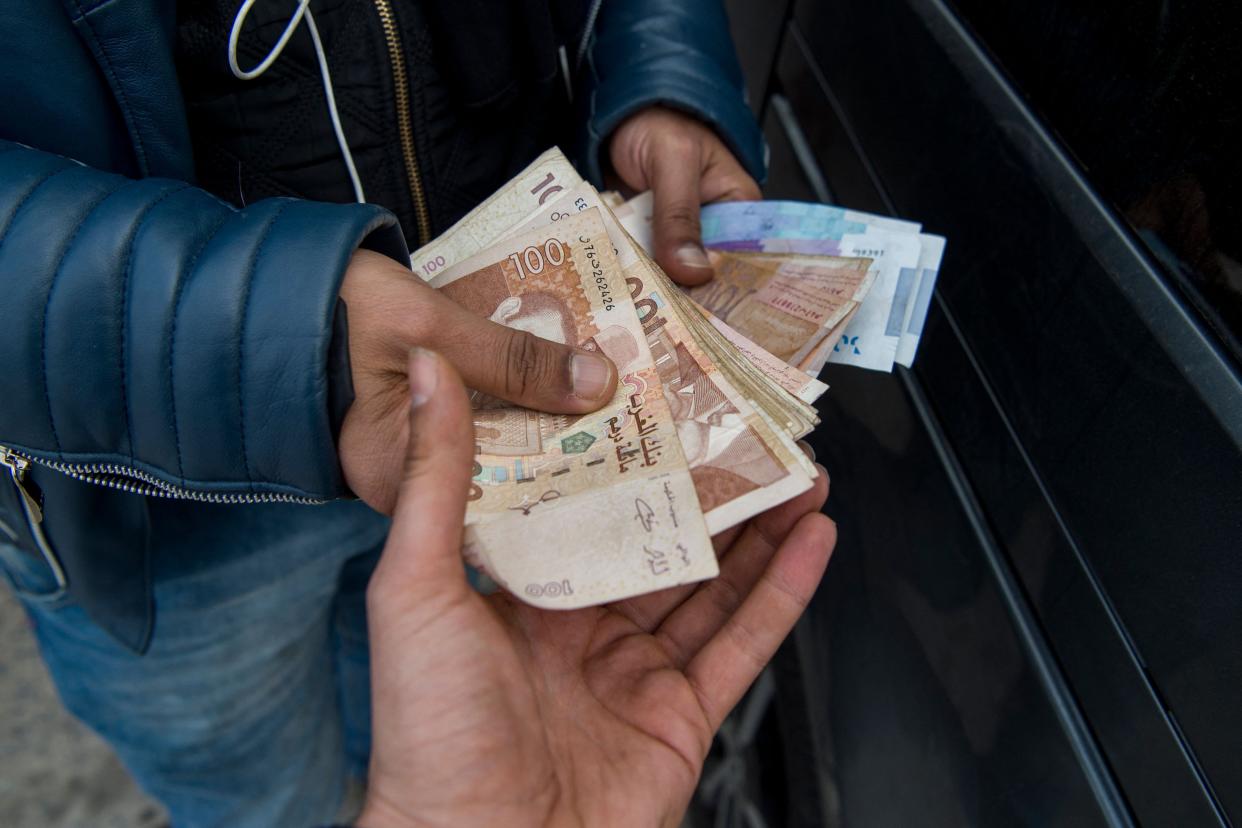Morocco Holds Rates With Eye on Inflation, Quake Spending Needs

(Bloomberg) -- Morocco held its benchmark interest rate after a tightening streak slowed inflation to an almost two-year low, potentially boosting multi-billion dollar reconstruction efforts following September’s devastating earthquake.
Most Read from Bloomberg
Bank Al-Maghrib’s decision to keep the rate at 3% for a third straight quarter on Tuesday was widely expected, with the regulator citing the ongoing “transmission” of its past three rate hikes to the real economy.
The current interest rate, Morocco’s highest since 2014, remains appropriate to bring inflation in line with targets, the bank said in a statement. It revised down its projection for 2024 consumer-price growth to 2.4% from its previous 2.6% estimate.
Morocco’s economy took a blow three months ago, when the country’s strongest earthquake in more than a century hit the High Atlas mountains and the tourism hub of Marrakech, killing about 3,000 people and forcing hundreds of thousands from their homes.
Read More: Morocco Fights for Investment-Grade Return After Quake Shock
Authorities need to spend about $12 billion through 2028 to rebuild in affected areas, home to 11% of the country’s population, according to the royal cabinet. That will require limits to the cost of borrowing.
The quake’s “impact on economic activity is expected to be limited,” while the country may get a boost from the “many large-scale projects planned or currently underway,” the central bank said Tuesday.
Moroccan inflation is at its lowest since February 2022, the month Russia invaded Ukraine, and below the central bank’s 6.1% target for the year.
Consumer prices, however, will “remain under high surveillance,” analysts at BKGR Research wrote in a note before the decision. They cited the start of a direct aid program for needy households that amounts to “a significant injection of cash in the economy.”
Morocco will soon need a further 20 billion dirhams ($2 billion) to upgrade football stadiums for the 2025 Africa Cup of Nations and the 2030 FIFA World Cup it will co-host with nations including Spain and Portugal.
Some of the kingdom’s main sources of hard currency will be key to managing the impact of that spending.
The regulator projects remittances will rise to 120 billion dirhams in 2025 versus 112.4 billion dirhams this year. Tourism is expected to net 112.4 billion dirhams compared with 106 billion dirhams.
Most Read from Bloomberg Businessweek
©2023 Bloomberg L.P.


